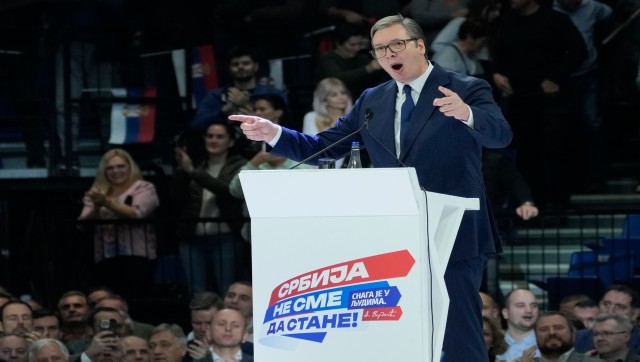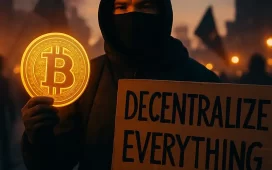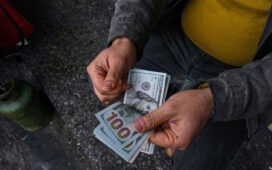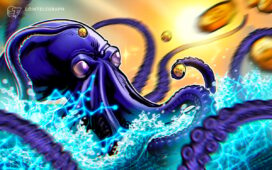
Serbian President Aleksandar Vucic. AP
The Balkans have been a hotbed for ethnic tensions for years, and they seem to be bubbling up again. Two major events are taking place: Serbia is planning to reintroduce mandatory military service, and Kosovo is planning to ban the Serbian currency—the Serbian Dinar.
There have also been political rumblings from Serbs in Bosnia. If you know about the bloody breakup of Yugoslavia, you might know this has the potential to escalate. And another war is the last thing that Europe needs.
Serbia is a country located in the Balkans. It is home to about six and a half million people. At one point, it was the centre of Yugoslavia, a socialist country that broke up into six successor states in the 1990s, namely Yugoslavia, Serbia, Croatia, Bosnia, Montenegro, Slovenia, North Macedonia. That break up was a bloody one leaving tens of thousands dead.
The Yugoslav wars were the worst European conflict since World War II, and the wounds from that time still haven’t healed completely. Which is why it is alarming when Serbia says it is planning to boost its army. Serbian President Aleksandar Vučić hinted at this yesterday. During a military hardware inspection he said Serbia may bring back mandatory military service which was abolished on January 1, 2011. But now Vucic wants to bring it back, based on advice from Serbia’s military and defence ministry. He says there are no concrete plans yet.
The Serbian parliament will vote on a proposal. They will decide when mandatory military service starts again and how long it will last. Before 2011, the service would last for six months. Vucic now says it could be between 3 to 4 months. He also justified the move, saying, “Today, if you don’t have (a strong) army, you don’t have a country.”
Vucic also said that Serbia isn’t threatening anyone, but that may not be accurate, considering who was by his side, Milorad Dodik, who is the president of the Republic of Srpska, an autonomous Serb majority region within Bosnia. This region fought to remain with Serbia during the Bosnian war, but the final peace treaty gave it to Bosnia in 1995.
“We’re integrating, we’re mentally integrated into Serbia. Of course, we’re part of Bosnia now, but that’s because we have to be. Bosnia-Herzegovina is not something we want,” said Dodik.
Now, Dodik has been acting up. He accompanied Vucic during the military inspection Tuesday. Earlier this month, on January 9, he celebrated a controversial Bosnian Serb National Day.
Despite being warned not to do so by Bosnia and the US, Vucic’s talk of a military build-up is bound to fan the flames.
As is another event, in Kosovo, which is an autonomous region in Serbia that declared independence from Serbia in 2008. Some countries have accepted this, while many like India have not. But Kosovo is governed independently, and it has been trying to separate itself from Serbia. Thursday may see another step in that direction as Kosovo plans to stop accepting the Serbian dinar as legal tender. It will only use the Euro from tomorrow. This will negatively impact the ethnic Serbs living in Kosovo. Many of them get salaries and aid from Serbia. Serbia’s Vucic held an emergency meeting about this last night.
The Balkans are turning into a tinderbox. Again, that is the last thing the region needs.
Views expressed in the above piece are personal and solely that of the author. They do not necessarily reflect Firstpost’s views.
Read all the Latest News, Trending News, Cricket News, Bollywood News,
India News and Entertainment News here. Follow us on Facebook, Twitter and Instagram.
Join our Whatsapp channel to get the latest global news updates
Published on: February 01, 2024 14:48:54 IST




